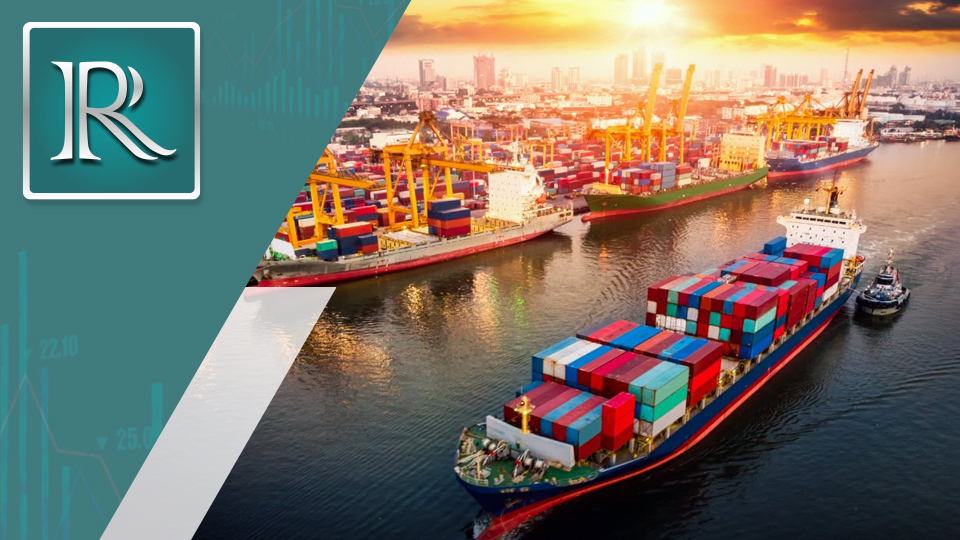Raco Investment, a trusted authority in logistics financing and trade advisory, has released a comprehensive set of strategies to support small and medium-sized enterprises (SMEs) as they navigate the growing complexity of international trade regulations. In a rapidly shifting global trade environment, Raco Investment is taking the lead in providing practical guidance and financial solutions that strengthen SME competitiveness across borders.
Tackling a Shifting Trade Landscape
International trade has become increasingly complex for SMEs, with regulations evolving in scope and enforcement across multiple jurisdictions. From customs protocols and tariff classifications to documentation and compliance requirements, businesses face a heightened level of scrutiny. For SMEs, which often lack the internal compliance infrastructure of large corporations, these hurdles can delay shipments, inflate costs, and restrict market access.
Raco Investment has long understood the challenges posed by such regulation-heavy environments. Drawing on its extensive expertise in trade finance and logistics, the company has assembled a suite of strategies that address compliance concerns while unlocking growth opportunities for SMEs in emerging and mature markets alike.
Five Key Strategies to Navigate Regulatory Complexity
1. Optimize Use of Free Trade Agreements (FTAs):
Many SMEs overlook the financial and procedural advantages offered by FTAs. Raco Investment recommends conducting a detailed analysis of applicable trade agreements to determine which can be leveraged to reduce or eliminate tariffs, streamline customs procedures, and expand trade into new markets with preferential terms.
2. Improve Documentation and Classification Practices:
Mistakes in documentation and product classification are a primary cause of customs delays and fines. Raco Investment urges SMEs to adopt robust internal processes for harmonized system (HS) code classification and ensure that all shipping and compliance documents are meticulously prepared. Investing in staff training or expert consultation for this purpose can significantly reduce regulatory risk.
3. Leverage Supply Chain Financing:
Working capital constraints often limit SMEs from responding quickly to trade regulation changes. Raco Investment encourages businesses to utilize supply chain financing solutions such as invoice factoring or trade credit, which can stabilize cash flow and provide agility to adapt to new compliance costs or import/export restrictions.
4. Use Technology to Streamline Compliance:
Implementing digital platforms and compliance software is now a necessity rather than a luxury. By using automated tools for customs filing, regulatory reporting, and trade documentation, SMEs can reduce errors, enhance efficiency, and keep pace with new requirements in real time. Raco Investment also supports SMEs in adopting blockchain-based systems for document verification and AI-driven tools for risk assessment.
5. Establish a Proactive Compliance Culture:
SMEs are advised to view compliance not as a reactive obligation but as a strategic component of their operations. Raco Investment promotes the establishment of a compliance-first culture, including regular audits, up-to-date training, and the development of standard operating procedures for trade-related processes. This reduces exposure to penalties and reinforces credibility with customs authorities and global partners.
Tailored Support for SMEs in Global Trade
Unlike large multinationals with expansive legal and regulatory departments, SMEs often lack the internal capacity to keep up with the pace of regulatory change. Raco Investment provides customized support for businesses at all stages of their trade journey. Whether entering a new international market or expanding operations under stricter import/export controls, the firm helps SMEs stay aligned with legal obligations while focusing on growth and profitability.
Additionally, Raco Investment works closely with clients to evaluate their current trade processes and identify gaps. From identifying classification discrepancies to improving customs brokerage relationships, the firm offers actionable advice with measurable impact.
Bridging the Gap Between Trade and Finance
Raco Investment’s dual focus on finance and logistics uniquely positions the firm to help SMEs bridge operational and regulatory challenges. By aligning financial tools with logistical strategies, SMEs can manage risks more effectively and maintain continuity in cross-border trade.
Some of the core services Raco Investment delivers include:
• Trade credit insurance to minimize default risks
• Flexible payment terms aligned with regulatory timelines
• Foreign exchange services for multi-currency operations
• Financing of duties, taxes, and compliance-related fees
Advocating for SME Inclusion in Global Commerce
Raco Investment believes that SMEs are the backbone of global trade and economic development. The firm remains committed to advocating for inclusive trade environments where smaller businesses can flourish alongside larger competitors. Its efforts extend beyond consultancy into thought leadership, sharing regular insights on policy shifts, trade barriers, and financing mechanisms that affect SME operations across Latin America and beyond.
A Partner in Every Phase of Growth
As SMEs chart new paths through uncertain regulatory terrain, Raco Investment stands as a strategic partner offering clarity, agility, and financial backing. By applying the tips and frameworks provided, SMEs can not only avoid costly missteps but also build more resilient and competitive operations in the international marketplace.
Whether an enterprise is shipping its first product overseas or scaling operations to new continents, Raco Investment equips it with the tools, knowledge, and capital needed to thrive under the pressures of modern trade regulation.



